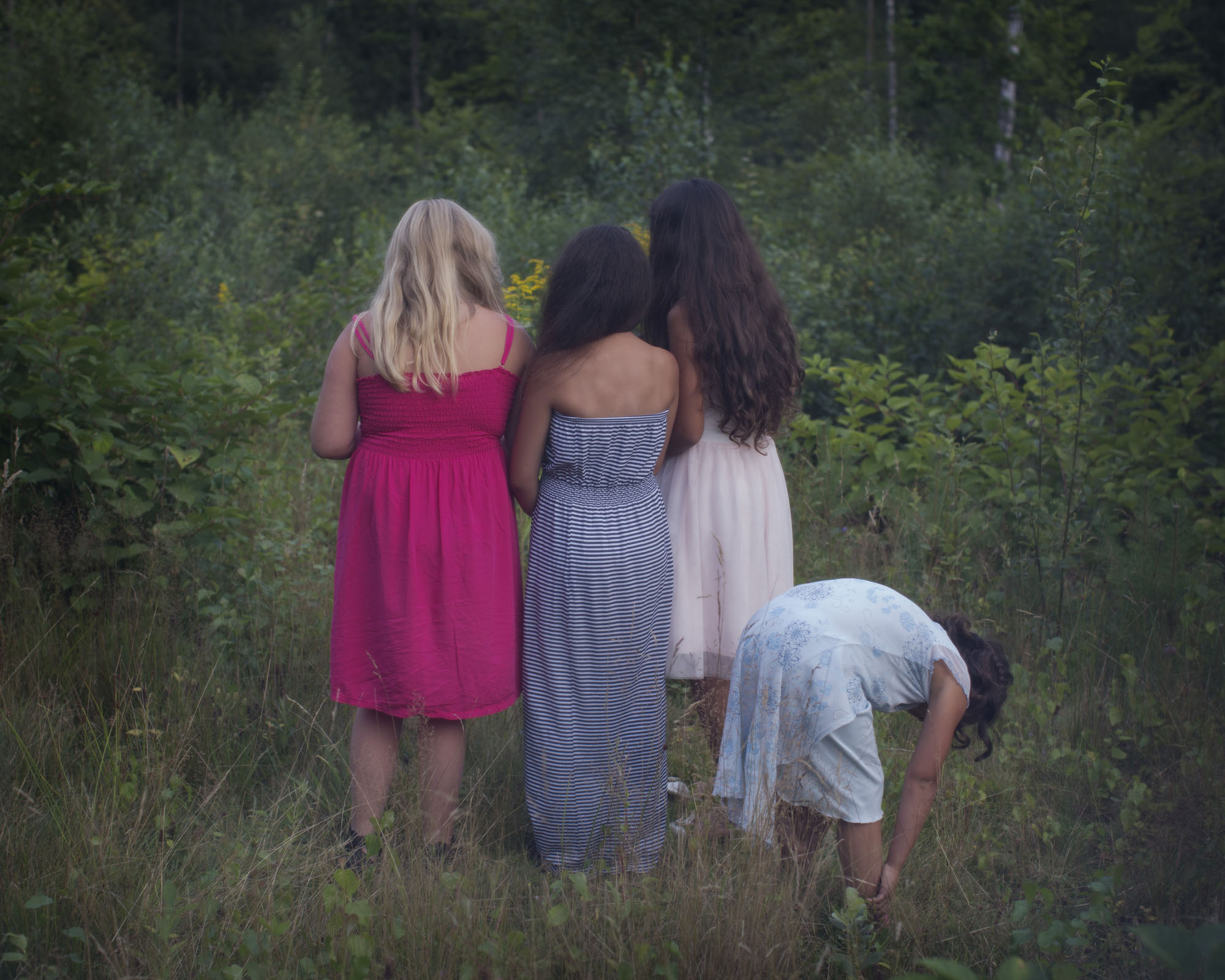
Nancy Farese believes in the power of a single image to impact social change. So much so that six years ago, the photographer created the organization PhotoPhilanthropy and the Activist Awards to promote photographers working for non-profits in the hopes of raising awareness to important issues of our time.
Since 2009, however, the industry has undergone radical change, and the traditional path for photographers to fund and distribute their stories has been severely disrupted with fewer editorial assignments available and greater competition in an ever-expanding field.
Recognizing that photography has entered a new era, PhotoPhilanthropy is operating its own transformation, relaunching under a new name: Catchlight, and with a broader mission, the organization tells TIME.
In announcing this year’s winners of the Activist Awards, Catchlight’s managing director Shoka Javadiangilani says that “the awards were one way to start the conversation with the photographers but now the intention is to empower [them]. It’s all about creative collaboration.”
The organization will be seeking out not only new approaches to visual storytelling, but will also be looking for “new partnerships, new models for distribution and new audiences,” says Javadiangilani. Catchlight sees itself as a connector – providing a nexus where fresh ideas and experimental approaches around visual storytelling can take place with the goal of affecting change. “Stories are what matter to us and to the photographers and that is the starting point,” says Javadiangilani.
As for the Activist Awards, this year the professional prize of $15,000 went to Asa Sjostrom for her story, The Secret Camps, which documents women and children suffering from domestic abuse and seeking a brief refuge in rural Sweden.
The $5,000 emerging award went to Indian photographer Amirtharaj Stephen for his work, Koodankulam:A Nuclear Plant in My Backyard, covering the uprising of a local community against the building of a joint Indian and Russian nuclear power plant, months after the Japan’s nuclear disaster in Fukushima.
Alice Gabriner is TIME’s International Photo Editor and was a judge in this year’s Activist Awards.
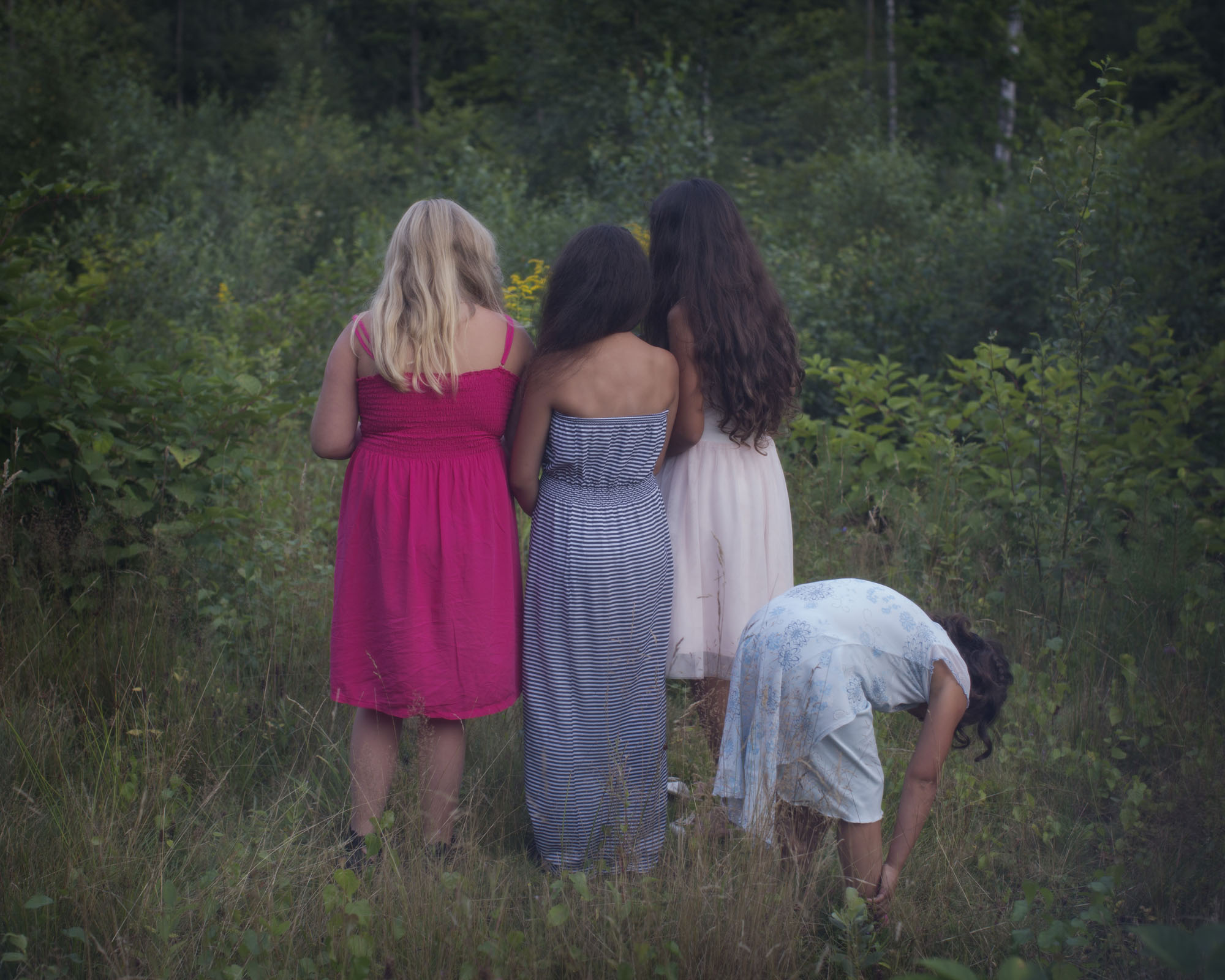
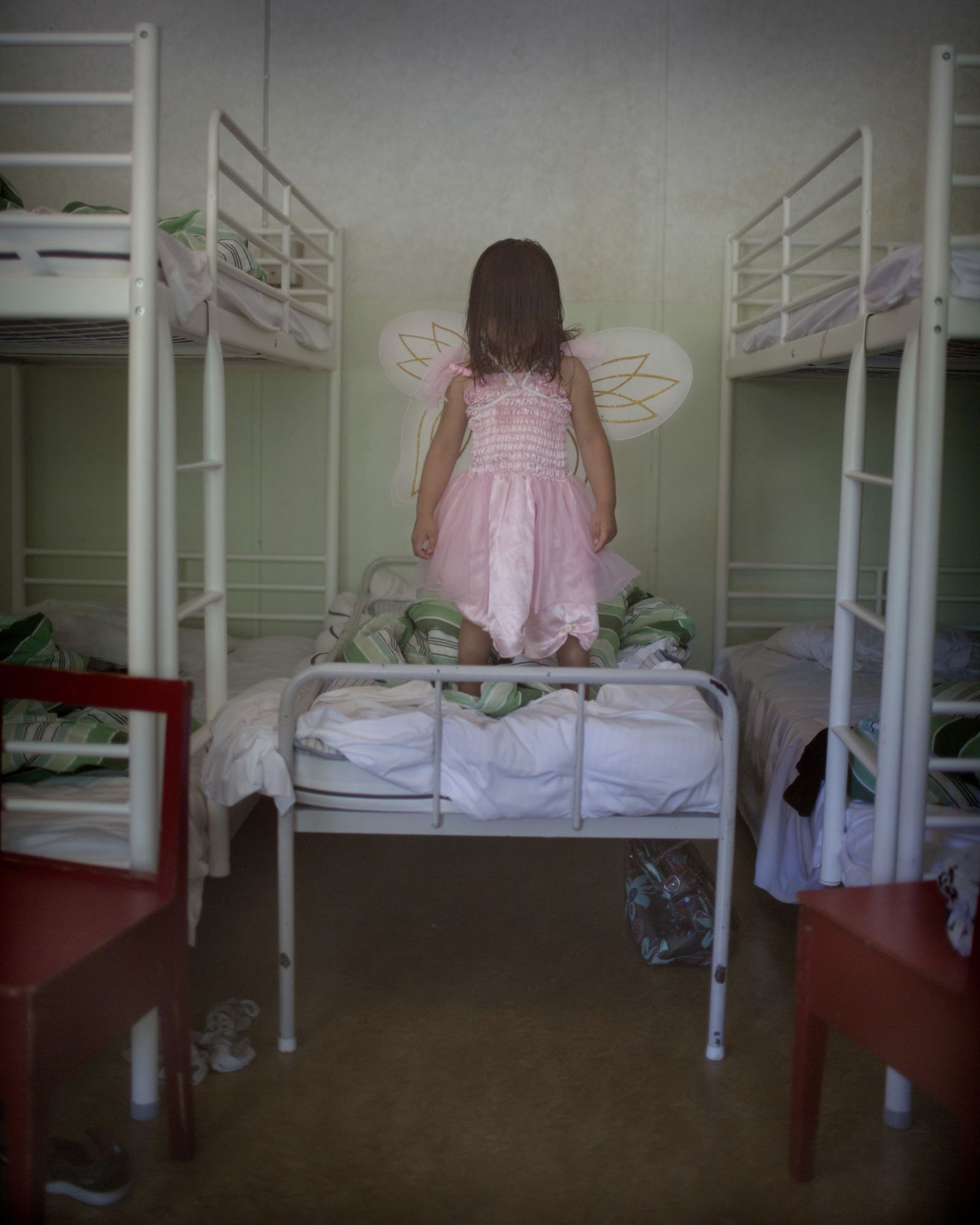
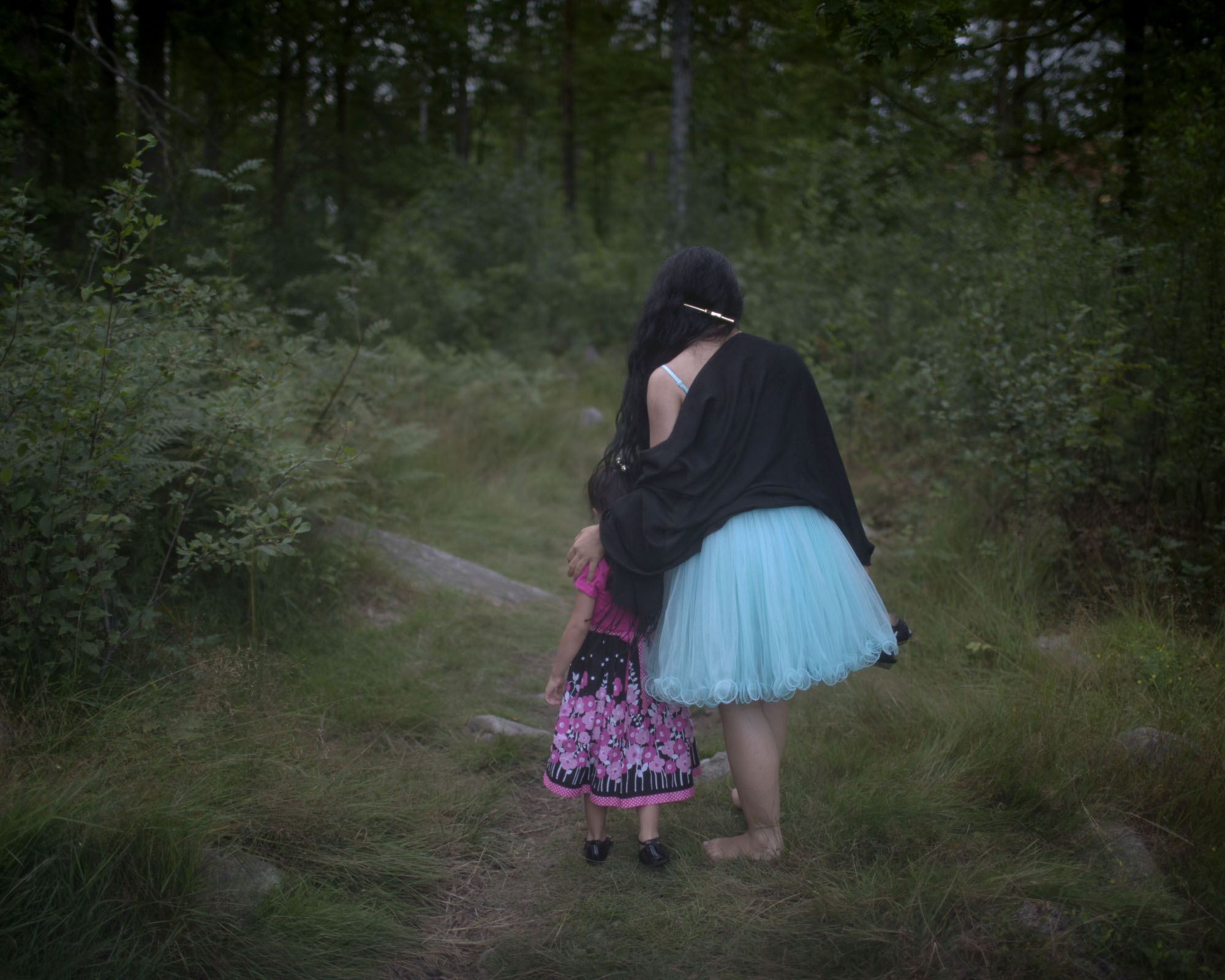




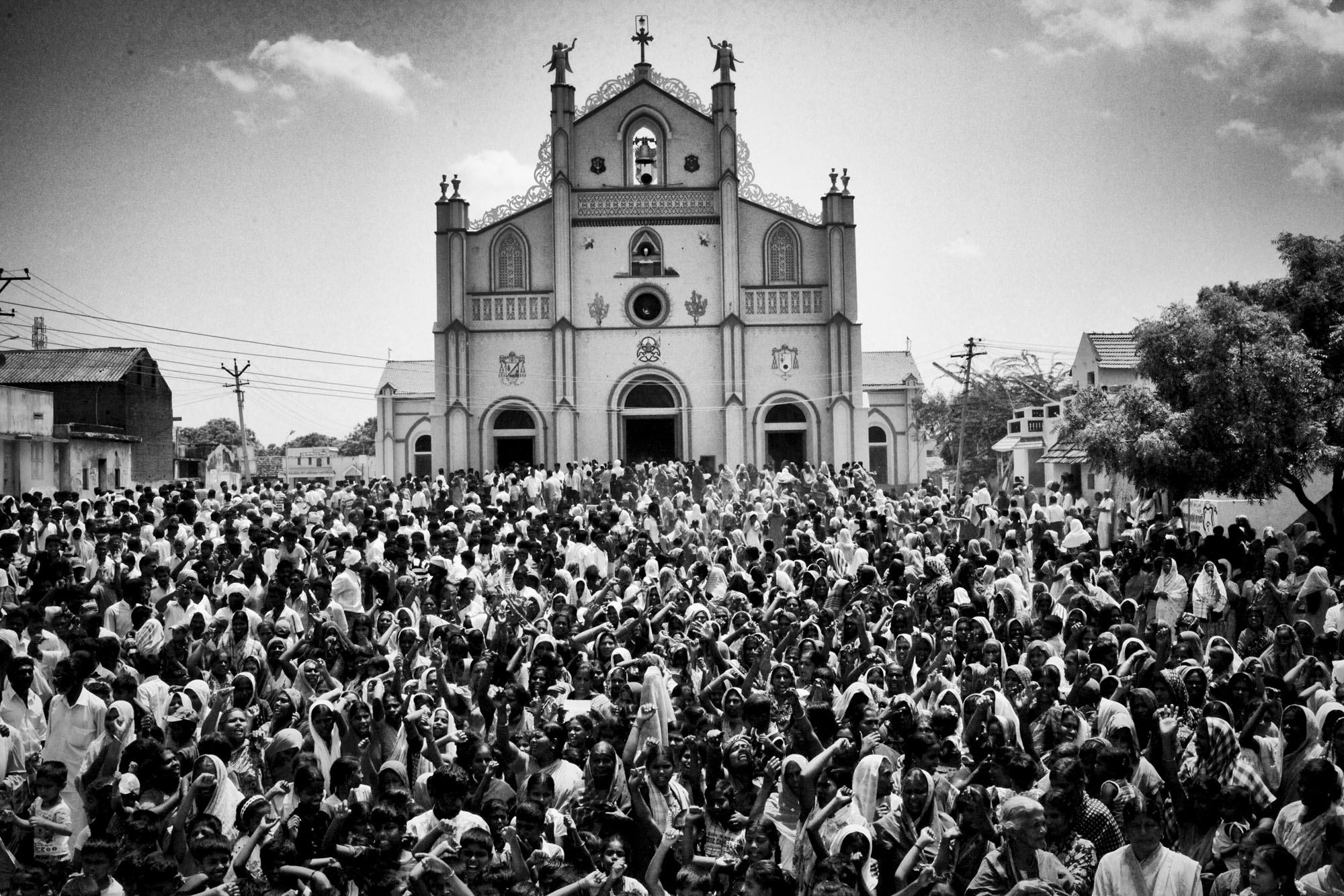
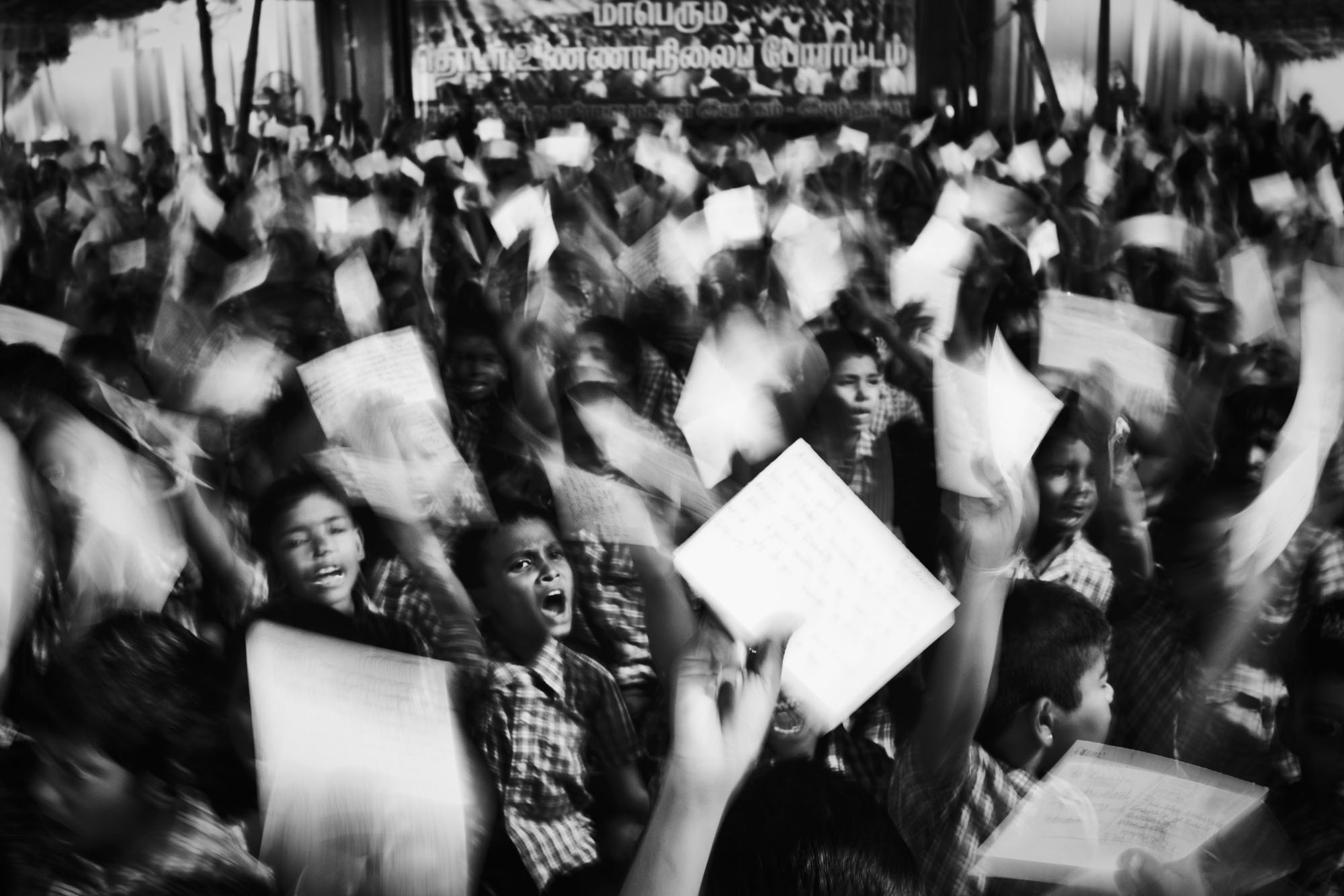
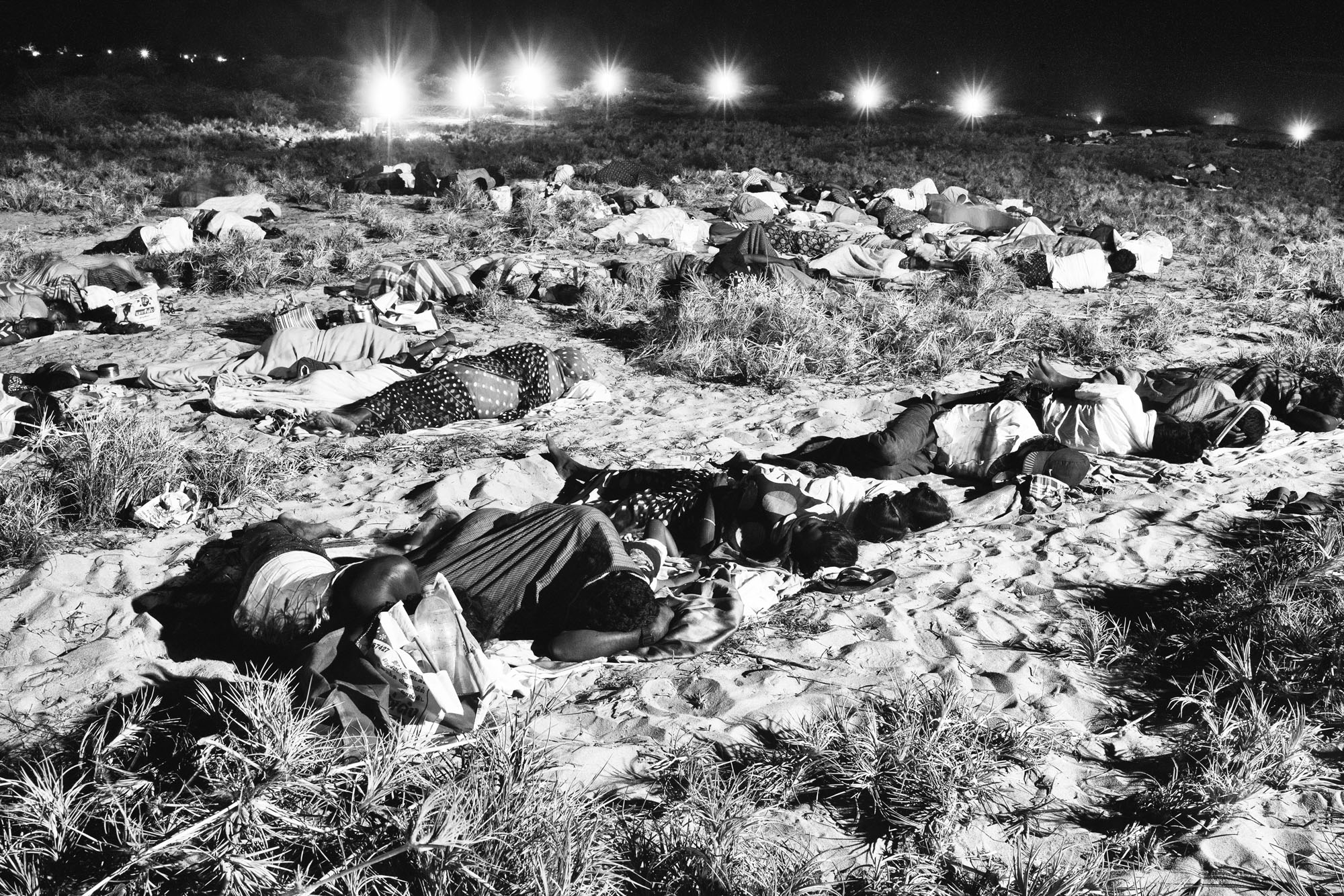
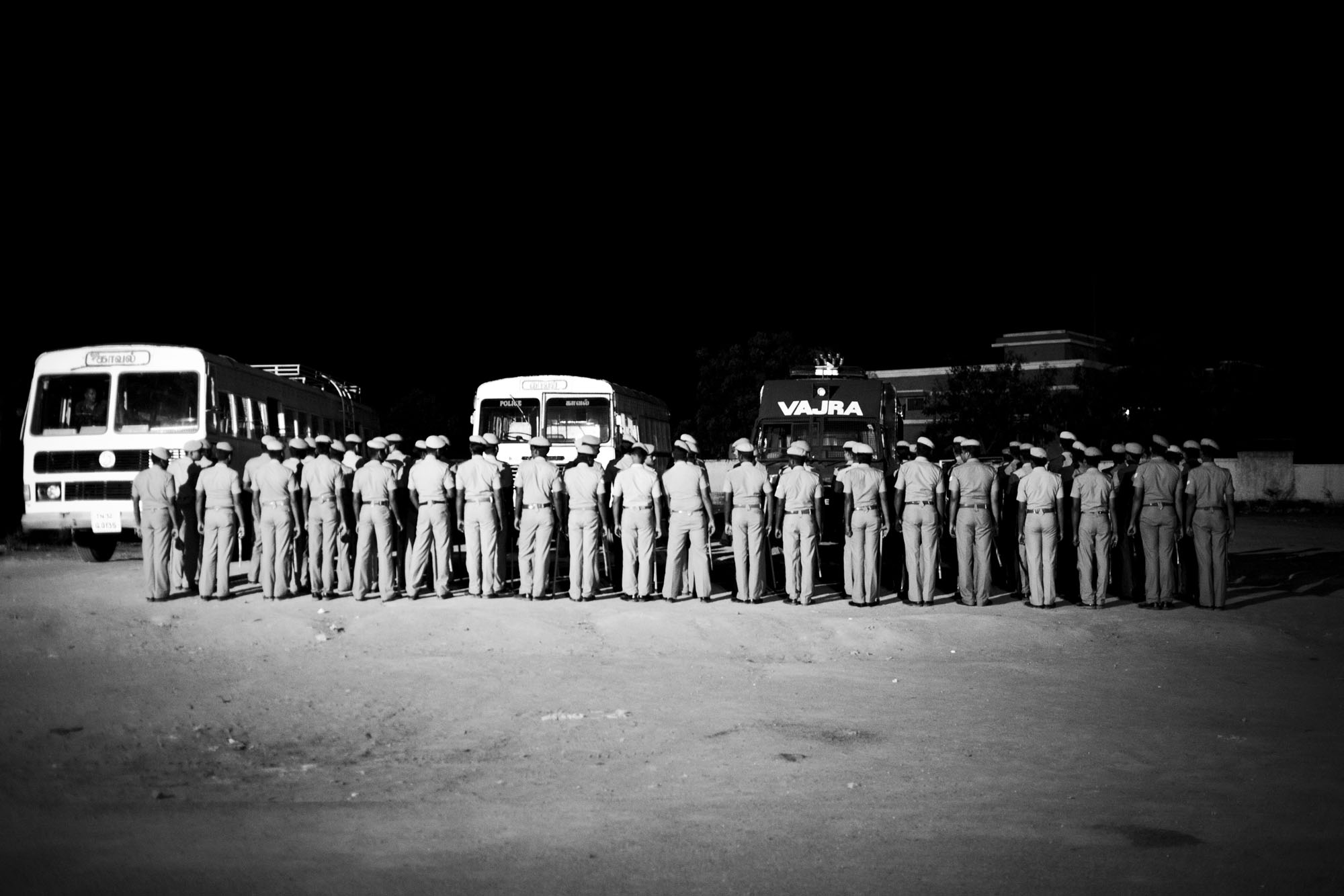
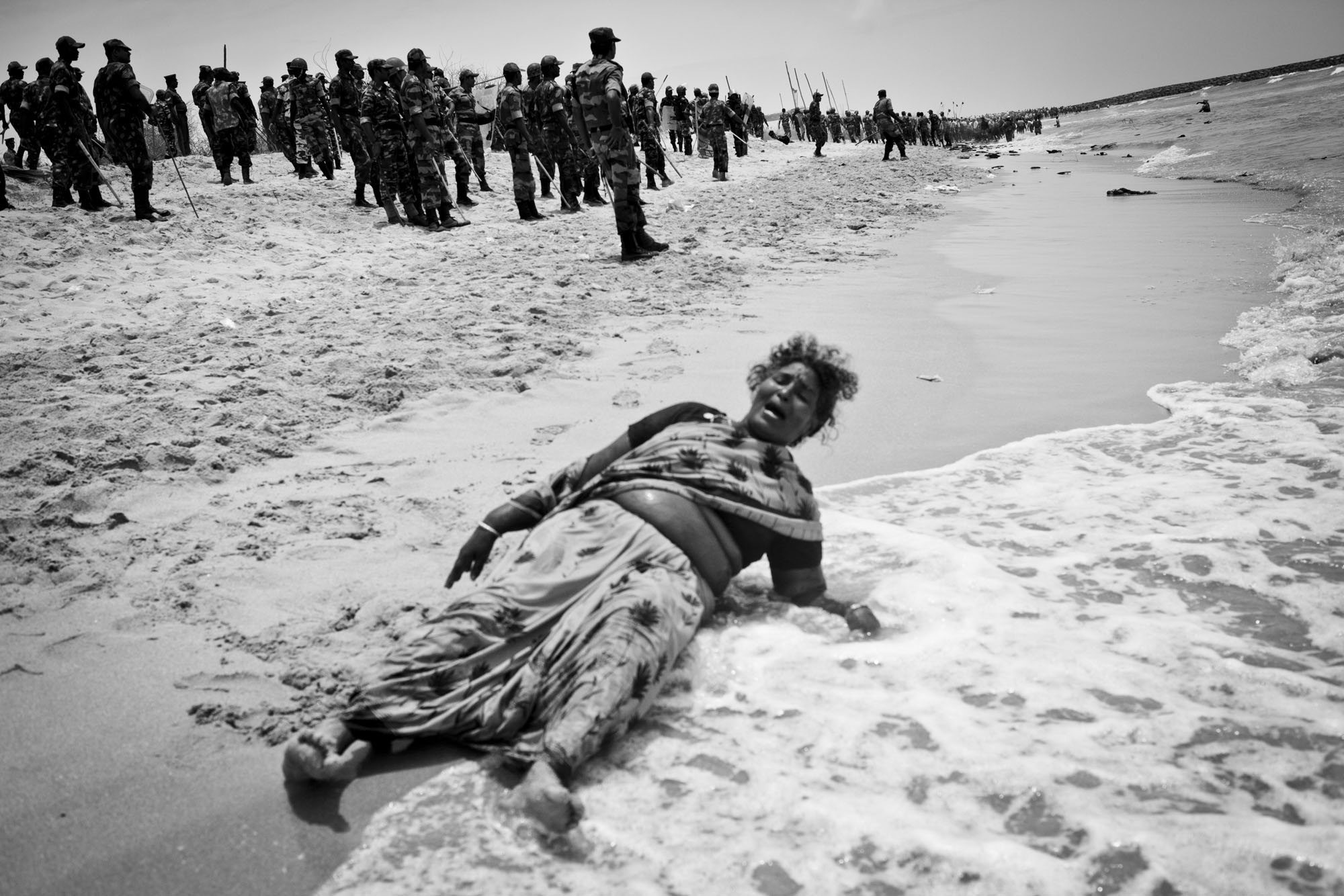
More Must-Reads from TIME
- L.A. Fires Show Reality of 1.5°C of Warming
- Behind the Scenes of The White Lotus Season Three
- How Trump 2.0 Is Already Sowing Confusion
- Bad Bunny On Heartbreak and New Album
- How to Get Better at Doing Things Alone
- We’re Lucky to Have Been Alive in the Age of David Lynch
- The Motivational Trick That Makes You Exercise Harder
- Column: All Those Presidential Pardons Give Mercy a Bad Name
Contact us at [email protected]